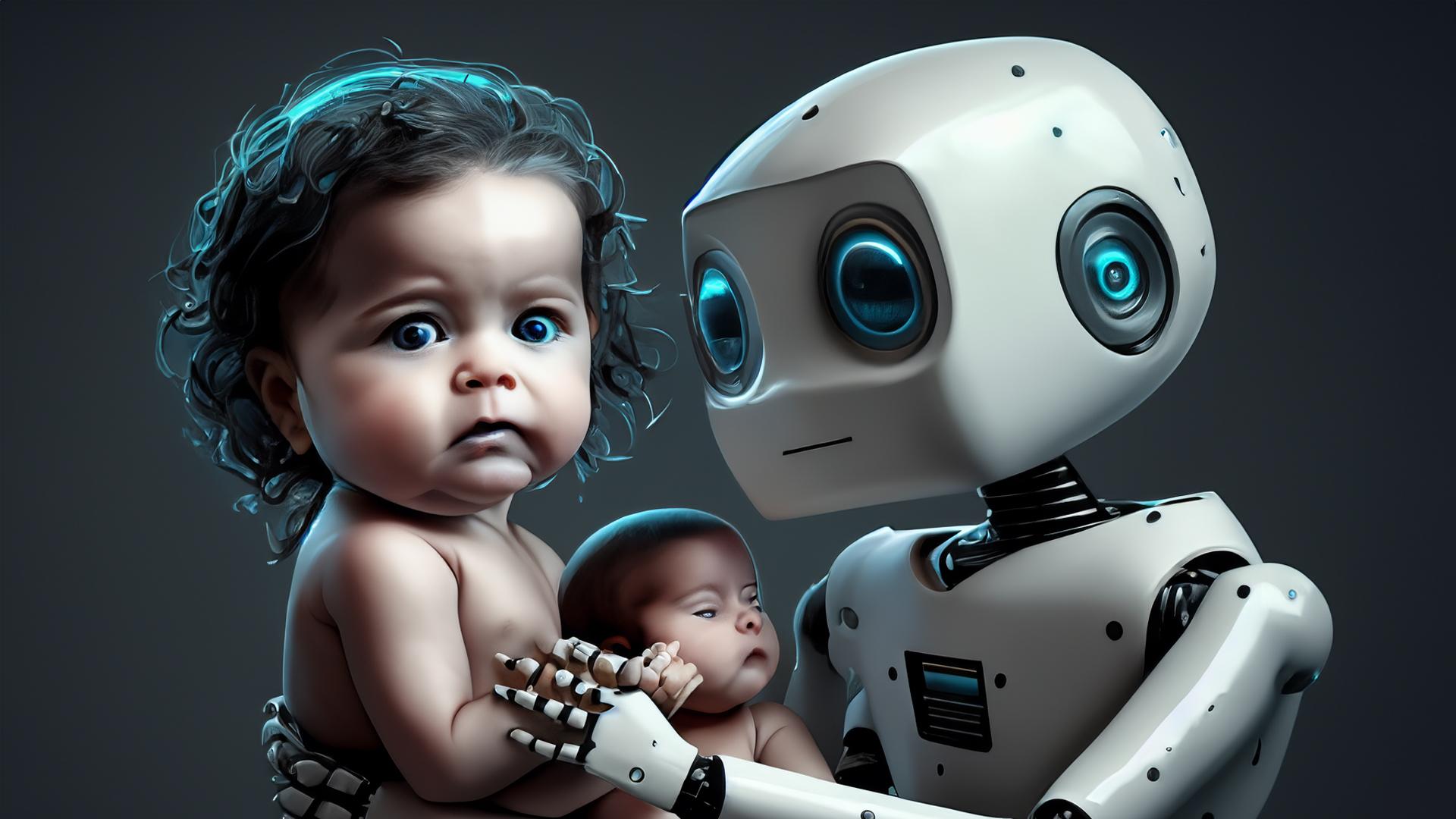In recent years, the advancement of artificial intelligence (AI) has been a subject of both fascination and concern. While the potential for AI is widely acknowledged, there are also fears surrounding its unchecked power and potential consequences. However, amidst these debates, Facebook CEO Mark Zuckerberg has made a compelling argument – that open-source technology is crucial for ensuring a positive future with AI.
During a virtual conference, Zuckerberg boldly claimed that open-source technology is necessary to harness the potential benefits of AI while minimizing the risks. Open-source refers to software that is freely available for anyone to use, modify, and distribute. It encourages collaboration and transparency amongst developers, allowing for the collective improvement of technology.
Zuckerberg’s argument rests on the idea that open-source technology enables greater accountability and faster innovation in the AI realm. He believes that by sharing AI tools and research openly, it creates a system wherein everyone benefits from collective knowledge and feedback. Consequently, this helps in mitigating the concentration of power and potential biases that could arise from proprietary AI systems owned by a few corporations.
Open-source AI frameworks, such as TensorFlow and PyTorch, have revolutionized machine learning and AI research. These platforms have allowed developers worldwide to access powerful tools, contributing to the rapid advancement of AI technology. Through collaboration and sharing, the AI community has witnessed breakthroughs in various fields, including natural language processing, computer vision, and healthcare.
Furthermore, Zuckerberg contends that open-source AI can actively counteract the monopolistic tendencies that could emerge in the AI landscape. Without an open system, the control of AI would fall into the hands of a few dominant players, hindering competition and potentially limiting the benefits of AI for society. By fostering an open environment, the industry can attract a broader range of perspectives, ideas, and talents, ensuring a more equitable distribution of technological advancements.
Zuckerberg’s advocacy for open-source AI is not without its critics. Skeptics argue that open-source models may hinder innovation due to a lack of adequate funding and incentives for developers. Additionally, concerns exist regarding the potential misuse of open-source AI by malicious actors. However, Zuckerberg recognizes these challenges and believes that an open approach is key to addressing them collectively.
To overcome the hurdles faced by open-source AI, Zuckerberg emphasizes the need for collaboration between governments, industry leaders, and academia. Together, they can develop comprehensive frameworks that include mechanisms for accountability, ethical guidelines, and robust security measures. By working together, these stakeholders can build a positive AI future that benefits society at large.
Mark Zuckerberg’s claim that open-source technology is necessary for a positive AI future has sparked an important conversation within the tech community. His argument aligns with the ideals of collaboration, transparency, and shared knowledge that lie at the core of the open-source movement. By adopting an open approach, the AI industry can harness the potential of AI while ensuring accountability and minimizing the concentration of power. However, it is essential to address the challenges associated with open-source AI and continue working towards an inclusive and responsible AI ecosystem.
Hey Subscribe to our newsletter for more articles like this directly to your email.
